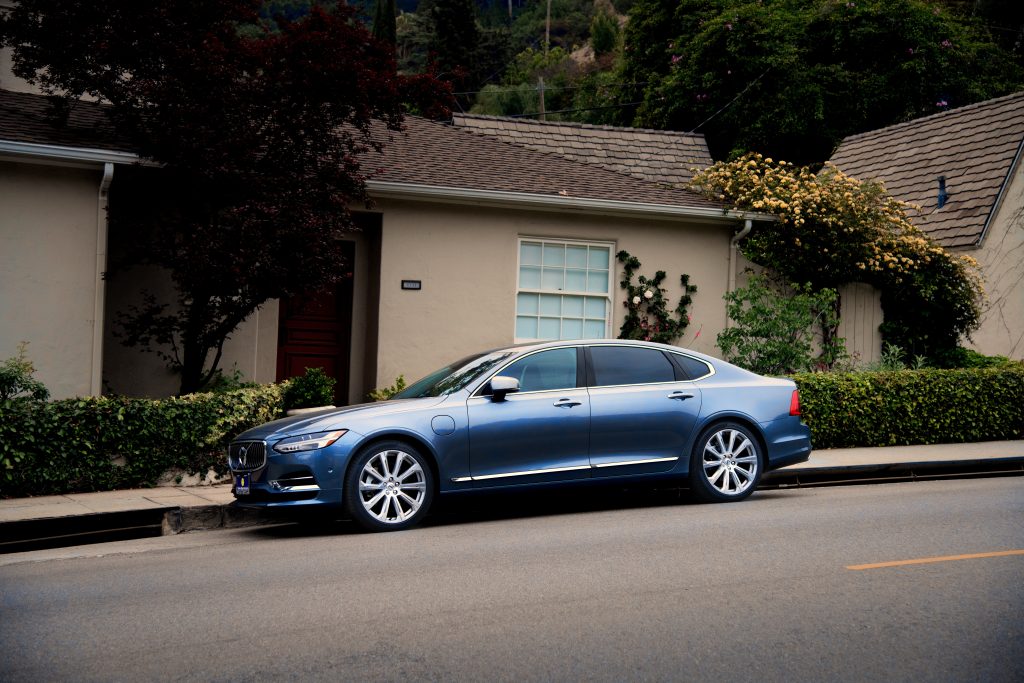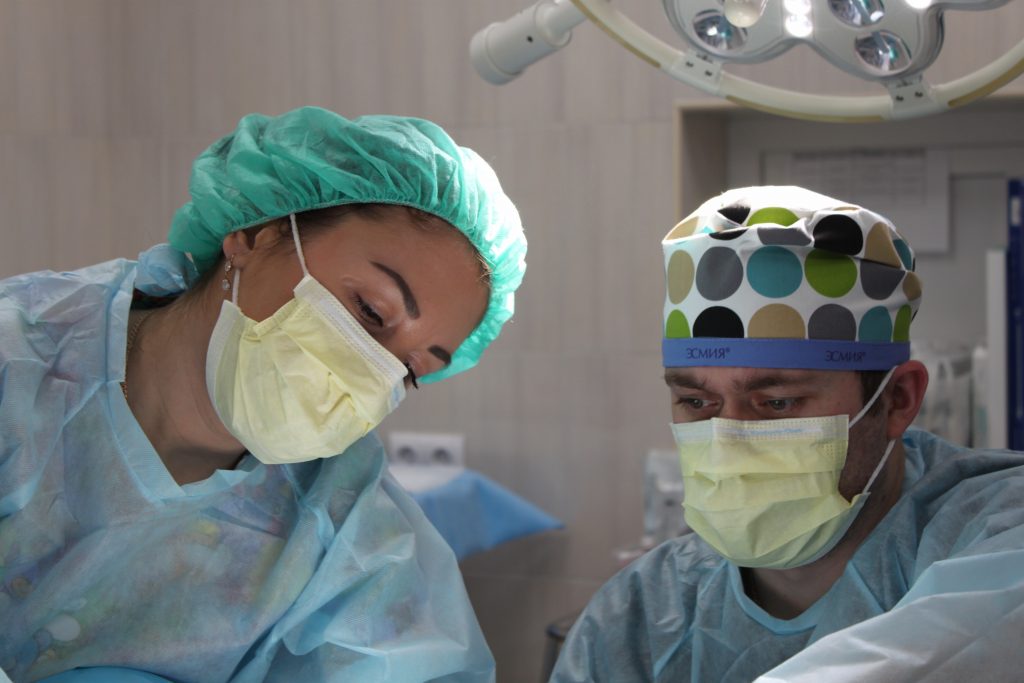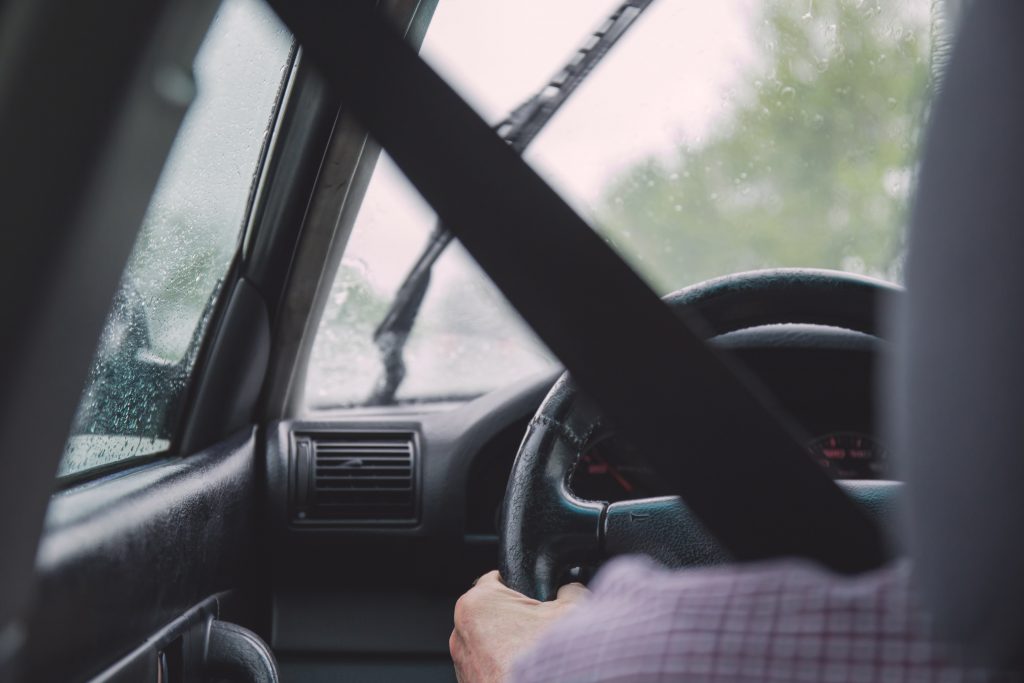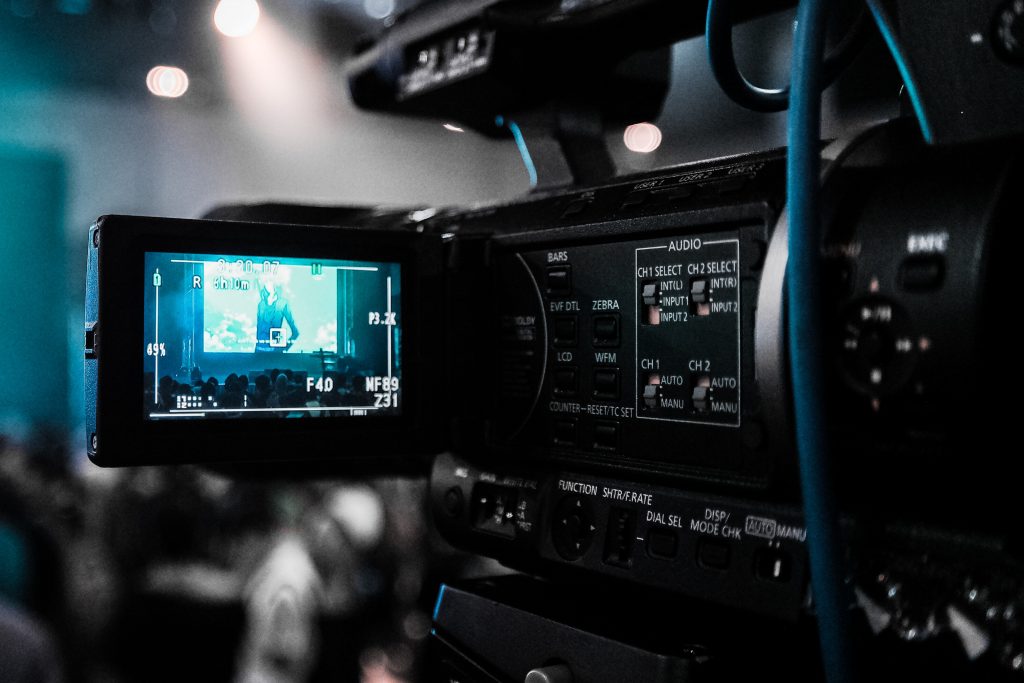 In certain situations, car owners and their insurance companies may be liable for a death caused by a non-owner driving the car. However, that liability only arises when the car owner expressly or implicitly grants permission to the driver. A common fear for car owners is that someone borrows their car and is involved in some horrible situation.
In certain situations, car owners and their insurance companies may be liable for a death caused by a non-owner driving the car. However, that liability only arises when the car owner expressly or implicitly grants permission to the driver. A common fear for car owners is that someone borrows their car and is involved in some horrible situation.
The Leger family found themselves in just such a nightmare situation when their car was taken from their driveway in Scott, Louisiana after midnight one summer night and involved in a fatal accident. Sanchez Walters was one of three people in that car during its fateful ride and was killed when the car was involved in a one-car accident. The Legers knew they needed the assistance of an excellent attorney when they were notified of a wrongful death lawsuit brought against them, one of the other people present in the car during the accident, and their insurance company, on behalf of Mr. Walters. Fortunately for the Legers and the other passenger, the wrongful death suit against them was dismissed before trial. The suit was maintained, however, against the insurance company, State Farm Mutual Automobile Insurance Company, for insurance coverage. KC brought the lawsuit on behalf of her minor daughter, AW, contending that the car was taken that night with express or implied permission, giving rise to insurance liability. The trial court granted summary judgment in favor of State Farm due to a lack of evidence supporting Ms. C’s claim. Ms. C subsequently appealed to the Louisiana Third Circuit Court of Appeal. Nevertheless, the Court of Appeal affirmed the summary judgment, similarly finding that Ms. C was unable to provide sufficient evidence to establish a factual question as to whether express or implied permission to use the car was granted.
The facts of this case are pretty sparse and that lack of concrete factual certainty led directly to Ms. Cs inability to provide enough evidence that showed that the car was taken with the owners’ express or implied consent. All that is known is that sometime in the early morning hours the Legers’ car was taken by Kylor Broussard, Nicholas Ledet, and Mr. Walters. The Legers each provided affidavits stating that they did not give express or implied permission to the three occupants to take the car. After the car was taken, it was involved in a single car accident that caused fatal injuries to Mr. Walters. Evidence could not even be supplied establishing who was driving the car at the time of the accident. Ms. C argued that Mr. Walters was a passenger in the car. She alleged that negligent entrustment by the Legers led to his death. Ms. C originally brought lawsuits against Broussard, Mr. and Mrs. Ledet on behalf of their minor son, Mr. Leger, and State Farm. Ms. C dismissed the lawsuit against Broussard and the Ledets on her own, and the trial court granted summary judgment in favor of Mr. Leger, dismissing all of the claims against him with prejudice due to the lack of evidence supporting negligent entrustment. That left the lawsuit against State Farm as the only remaining portion of the original lawsuit. State Farm responded by motioning for summary judgment, arguing that all of the evidence pointed to a lack of express or implied consent from the Legers allowing use of the car. Ms. C failed to provide any exhibits of evidence to challenge the motion for summary judgment. She instead argued that Broussard’s deposition testimony and a police statement raised a genuine issue of material fact as to who the driver was at the time of the accident and whether they had permission to drive the car. The trial court agreed with State Farm that the evidence was severely lacking and granted summary judgment. Ms. C subsequently appealed only the lawsuit against State Farm to the Court of Appeal. The Court of Appeal, however, affirmed the trial court’s grant of summary judgment in favor of State Farm.
 Louisiana Personal Injury Lawyer Blog
Louisiana Personal Injury Lawyer Blog


 Losing a family member just a few shorts weeks after the family member was discharged from surgery can cause one to wonder if the death occurred due to medical malpractice. Providing expert medical testimony can often be essential to succeeding in a medical malpractice lawsuit, and certainly in the case of defending against a summary judgement motion due to failing to provide such an expert.
Losing a family member just a few shorts weeks after the family member was discharged from surgery can cause one to wonder if the death occurred due to medical malpractice. Providing expert medical testimony can often be essential to succeeding in a medical malpractice lawsuit, and certainly in the case of defending against a summary judgement motion due to failing to provide such an expert. Obtaining insurance coverage to protect a new company purchase can be crucial to preventing financial loss. But does a company have policy coverage on a new purchase when the insurance company provides only a certificate of insurance? A case in the First Circuit Court of Appeal for Louisiana recently addressed the issue.
Obtaining insurance coverage to protect a new company purchase can be crucial to preventing financial loss. But does a company have policy coverage on a new purchase when the insurance company provides only a certificate of insurance? A case in the First Circuit Court of Appeal for Louisiana recently addressed the issue.  A night at a piano bar in New Orleans is usually a relaxing and enjoyable evening. Yet, the night can take a whole step in the opposite direction if you fall down the front step of the building on your way out. What happens to your personal injury case, however, when there’s doubt about whether or not the piano bar destroyed evidence you could have used against them? Is it appropriate for a trial court to determine whether or not the evidence was intentionally destroyed?
A night at a piano bar in New Orleans is usually a relaxing and enjoyable evening. Yet, the night can take a whole step in the opposite direction if you fall down the front step of the building on your way out. What happens to your personal injury case, however, when there’s doubt about whether or not the piano bar destroyed evidence you could have used against them? Is it appropriate for a trial court to determine whether or not the evidence was intentionally destroyed? Sometimes, there are situations that appear to have an obvious result. Person A causes injury to Person B and B sues A. All the evidence points to A being at fault and B being hurt and in need of recovery. However, what if in the middle of the case, the court held that B was not hurt at all and therefore did not need to recover? How does a result like this even come about? What does B do? This situation is illustrated in a case arising from a New Orleans motor vehicle accident from 2014.
Sometimes, there are situations that appear to have an obvious result. Person A causes injury to Person B and B sues A. All the evidence points to A being at fault and B being hurt and in need of recovery. However, what if in the middle of the case, the court held that B was not hurt at all and therefore did not need to recover? How does a result like this even come about? What does B do? This situation is illustrated in a case arising from a New Orleans motor vehicle accident from 2014. Why do we buy insurance? Most people expect that when they buy insurance, they will receive financial reimbursement for losses caused by accidents or many of life’s unexpected circumstances. It can certainly be a surprise when they expect insurance and then the insurance company refuses to provide it. What are their options when this happens? Filing a lawsuit is one, but won’t always guarantee a day in court, as a 2017 case from the Court of Appeal for the Third Circuit illustrates.
Why do we buy insurance? Most people expect that when they buy insurance, they will receive financial reimbursement for losses caused by accidents or many of life’s unexpected circumstances. It can certainly be a surprise when they expect insurance and then the insurance company refuses to provide it. What are their options when this happens? Filing a lawsuit is one, but won’t always guarantee a day in court, as a 2017 case from the Court of Appeal for the Third Circuit illustrates. No one wants to be held liable for the injuries of another. Wet floor signs, warning tags, and regular inspections are all ways we provide notice to others of hazardous conditions. Sometimes, though, when a hazard is unexpected or has never presented itself as a potential risk of harm, liability is inevitable. The question then becomes, what is the cost?
No one wants to be held liable for the injuries of another. Wet floor signs, warning tags, and regular inspections are all ways we provide notice to others of hazardous conditions. Sometimes, though, when a hazard is unexpected or has never presented itself as a potential risk of harm, liability is inevitable. The question then becomes, what is the cost? Freedom of speech is one of America’s most celebrated rights. However, it does not mean that courts tolerate all types of speech. After all, we have all heard that the freedom of speech does not allow an individual to falsely yell fire in a crowded theater. Despite there being restrictions, courts take the freedom of speech extremely seriously and will not allow it to be encroached simply because someone felt offended by a certain use of free speech.
Freedom of speech is one of America’s most celebrated rights. However, it does not mean that courts tolerate all types of speech. After all, we have all heard that the freedom of speech does not allow an individual to falsely yell fire in a crowded theater. Despite there being restrictions, courts take the freedom of speech extremely seriously and will not allow it to be encroached simply because someone felt offended by a certain use of free speech.  You lose your case. However, your lawyer tells you not to despair. She tells you that you can appeal the trial court’s judgment at the appellate court. However, it is not always that simple. Appellate courts, like trial courts, do not just accept every single case that comes their way. They must first have jurisdiction over a case, which simply means that they must meet certain requirements to hear the case. Without jurisdiction, an appellate court will be unable to take your case even if your claim may be legitimate.
You lose your case. However, your lawyer tells you not to despair. She tells you that you can appeal the trial court’s judgment at the appellate court. However, it is not always that simple. Appellate courts, like trial courts, do not just accept every single case that comes their way. They must first have jurisdiction over a case, which simply means that they must meet certain requirements to hear the case. Without jurisdiction, an appellate court will be unable to take your case even if your claim may be legitimate.  Trials can be extremely expensive. One of the most expensive parts of a trial can be the costs associated with taking depositions. Therefore, it is in a party’s best interest to recuperate those costs in the aftermath of a successful outcome. In fact, it is the general rule that included in the damages of a successful party are the costs associated with depositions. However, a trial court may sometimes erroneously or negligently include such costs in a party’s damages.
Trials can be extremely expensive. One of the most expensive parts of a trial can be the costs associated with taking depositions. Therefore, it is in a party’s best interest to recuperate those costs in the aftermath of a successful outcome. In fact, it is the general rule that included in the damages of a successful party are the costs associated with depositions. However, a trial court may sometimes erroneously or negligently include such costs in a party’s damages.